Ammonia and bleach are two common household cleaning products that are widely used for their disinfecting and stain-removing properties. While both substances are effective at killing germs and brightening surfaces, it’s important to understand the potential dangers of using them together. Ammonia, a colorless gas with a pungent odor, is commonly used as a cleaning agent in households. It is highly effective at cutting through grease and grime, making it a popular choice for cleaning kitchens and bathrooms.
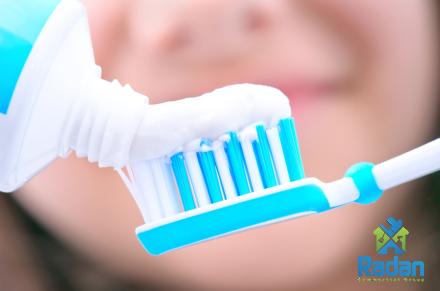
.
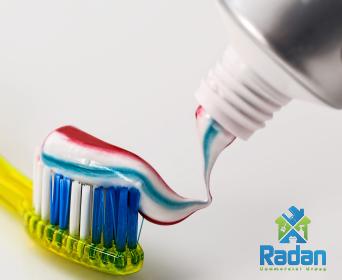 Ammonia works by breaking down dirt and grime, making it easier to wipe away and leaving surfaces looking clean and shiny. Bleach, on the other hand, is a strong chemical compound that is used as a disinfectant and whitening agent. It is commonly used to kill bacteria and germs on surfaces, making it an essential component of many household cleaning products. Bleach is effective at removing tough stains and disinfecting areas that may be contaminated with harmful pathogens. While both ammonia and bleach are powerful cleaning agents on their own, it is important to never mix them together. When mixed, they can create a toxic gas called chloramine, which can be harmful or even deadly if inhaled. This reaction occurs when the ammonia in the air comes into contact with the chlorine in bleach, releasing toxic fumes that can cause respiratory issues, eye irritation, and even chemical burns. In addition to the dangers of mixing ammonia and bleach, each substance has its own set of risks when used improperly. Ammonia, for example, should never be used in enclosed spaces without proper ventilation, as the fumes can be harmful if inhaled in large quantities. It is also important to never mix ammonia with other household cleaning products, as this can create dangerous chemical reactions.
Ammonia works by breaking down dirt and grime, making it easier to wipe away and leaving surfaces looking clean and shiny. Bleach, on the other hand, is a strong chemical compound that is used as a disinfectant and whitening agent. It is commonly used to kill bacteria and germs on surfaces, making it an essential component of many household cleaning products. Bleach is effective at removing tough stains and disinfecting areas that may be contaminated with harmful pathogens. While both ammonia and bleach are powerful cleaning agents on their own, it is important to never mix them together. When mixed, they can create a toxic gas called chloramine, which can be harmful or even deadly if inhaled. This reaction occurs when the ammonia in the air comes into contact with the chlorine in bleach, releasing toxic fumes that can cause respiratory issues, eye irritation, and even chemical burns. In addition to the dangers of mixing ammonia and bleach, each substance has its own set of risks when used improperly. Ammonia, for example, should never be used in enclosed spaces without proper ventilation, as the fumes can be harmful if inhaled in large quantities. It is also important to never mix ammonia with other household cleaning products, as this can create dangerous chemical reactions.
..
 Similarly, bleach should be used with caution and in a well-ventilated area to prevent exposure to harmful fumes. It is important to follow the instructions on the product label and never mix bleach with ammonia or other cleaning products. Additionally, bleach should be diluted with water before use, as using it at full strength can be too harsh for many surfaces. When using either ammonia or bleach for cleaning, it is important to take safety precautions to prevent accidents and exposure to harmful chemicals. This includes wearing gloves and protective eyewear, using the products in a well-ventilated area, and following the instructions on the product label carefully. In conclusion, while both ammonia and bleach are effective cleaning agents with powerful disinfecting properties, it is important to use them safely and responsibly. Never mix the two substances together, as this can create a toxic gas that can be harmful or even deadly. By following proper safety precautions and using these products as directed, you can achieve clean and germ-free surfaces without putting yourself or your family at risk. It is essential to remember that there are safe and effective alternatives to using ammonia and bleach for cleaning purposes. Many natural and eco-friendly cleaning products are available on the market today that can provide the same level of cleanliness without the potential dangers associated with harsh chemicals. Vinegar, for example, is a versatile cleaning agent that can be used to disinfect surfaces, remove odors, and cut through grease and grime. Mixing vinegar with water creates a non-toxic solution that is safe to use on a variety of surfaces, including countertops, windows, and floors. Baking soda is another natural cleaning agent that is effective at scrubbing away stains and eliminating odors. When mixed with water, baking soda forms a paste that can be used to clean sinks, tubs, and tile grout.
Similarly, bleach should be used with caution and in a well-ventilated area to prevent exposure to harmful fumes. It is important to follow the instructions on the product label and never mix bleach with ammonia or other cleaning products. Additionally, bleach should be diluted with water before use, as using it at full strength can be too harsh for many surfaces. When using either ammonia or bleach for cleaning, it is important to take safety precautions to prevent accidents and exposure to harmful chemicals. This includes wearing gloves and protective eyewear, using the products in a well-ventilated area, and following the instructions on the product label carefully. In conclusion, while both ammonia and bleach are effective cleaning agents with powerful disinfecting properties, it is important to use them safely and responsibly. Never mix the two substances together, as this can create a toxic gas that can be harmful or even deadly. By following proper safety precautions and using these products as directed, you can achieve clean and germ-free surfaces without putting yourself or your family at risk. It is essential to remember that there are safe and effective alternatives to using ammonia and bleach for cleaning purposes. Many natural and eco-friendly cleaning products are available on the market today that can provide the same level of cleanliness without the potential dangers associated with harsh chemicals. Vinegar, for example, is a versatile cleaning agent that can be used to disinfect surfaces, remove odors, and cut through grease and grime. Mixing vinegar with water creates a non-toxic solution that is safe to use on a variety of surfaces, including countertops, windows, and floors. Baking soda is another natural cleaning agent that is effective at scrubbing away stains and eliminating odors. When mixed with water, baking soda forms a paste that can be used to clean sinks, tubs, and tile grout.
…
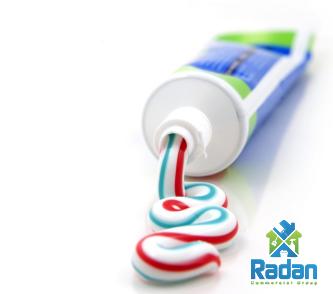 Its gentle abrasive properties make it safe to use on delicate surfaces without causing damage. Lemon juice is a natural disinfectant and deodorizer that can be used to clean and freshen up various areas in your home. Its acidic properties help break down grease and grime, while its pleasant scent leaves behind a refreshing aroma. Mixing lemon juice with water can create a natural all-purpose cleaner that is safe and effective for everyday use. Essential oils, such as tea tree oil and lavender oil, are also excellent additions to your cleaning routine. These oils have antibacterial and antifungal properties that can help eliminate germs and odors naturally. Adding a few drops of essential oil to your cleaning solution can enhance its cleaning power and leave behind a pleasant scent. When transitioning to natural cleaning products, it is important to read labels carefully and ensure that they are safe for use on the surfaces you intend to clean. Some natural cleaning agents may not be suitable for all surfaces, so it is important to test them in a small, inconspicuous area before using them on a larger scale. In conclusion, while ammonia and bleach are effective cleaning agents, their potential risks and dangers outweigh their benefits when used improperly. It is crucial to handle these chemicals with care and never mix them together to avoid harmful reactions. By exploring natural and eco-friendly alternatives, you can achieve a clean and healthy living environment without putting yourself or your loved ones at risk.
Its gentle abrasive properties make it safe to use on delicate surfaces without causing damage. Lemon juice is a natural disinfectant and deodorizer that can be used to clean and freshen up various areas in your home. Its acidic properties help break down grease and grime, while its pleasant scent leaves behind a refreshing aroma. Mixing lemon juice with water can create a natural all-purpose cleaner that is safe and effective for everyday use. Essential oils, such as tea tree oil and lavender oil, are also excellent additions to your cleaning routine. These oils have antibacterial and antifungal properties that can help eliminate germs and odors naturally. Adding a few drops of essential oil to your cleaning solution can enhance its cleaning power and leave behind a pleasant scent. When transitioning to natural cleaning products, it is important to read labels carefully and ensure that they are safe for use on the surfaces you intend to clean. Some natural cleaning agents may not be suitable for all surfaces, so it is important to test them in a small, inconspicuous area before using them on a larger scale. In conclusion, while ammonia and bleach are effective cleaning agents, their potential risks and dangers outweigh their benefits when used improperly. It is crucial to handle these chemicals with care and never mix them together to avoid harmful reactions. By exploring natural and eco-friendly alternatives, you can achieve a clean and healthy living environment without putting yourself or your loved ones at risk.
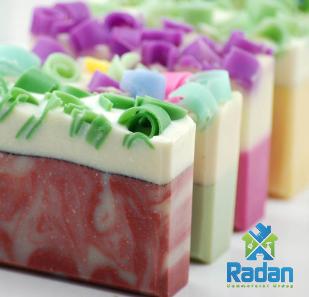
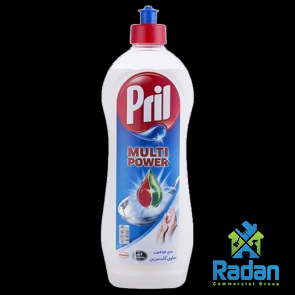
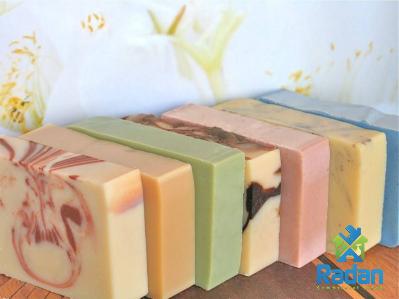
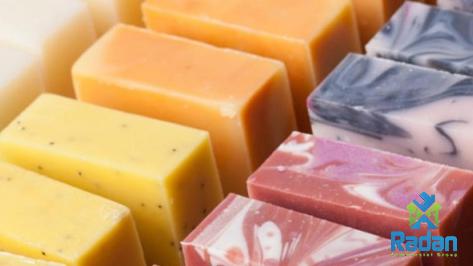
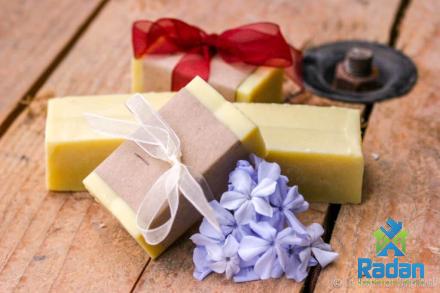
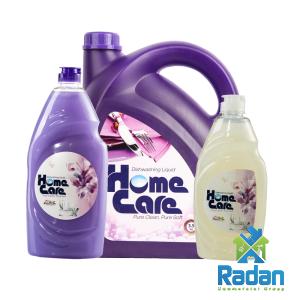
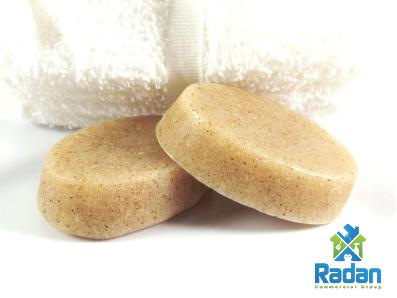
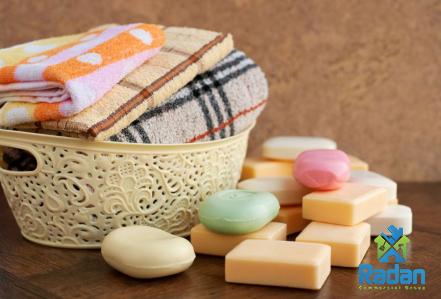
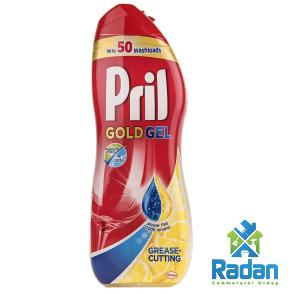
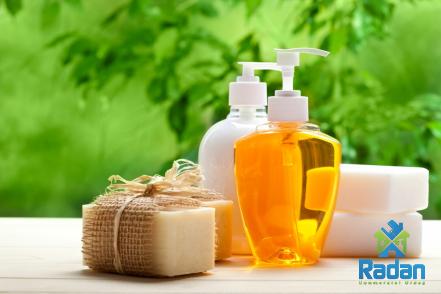
Your comment submitted.